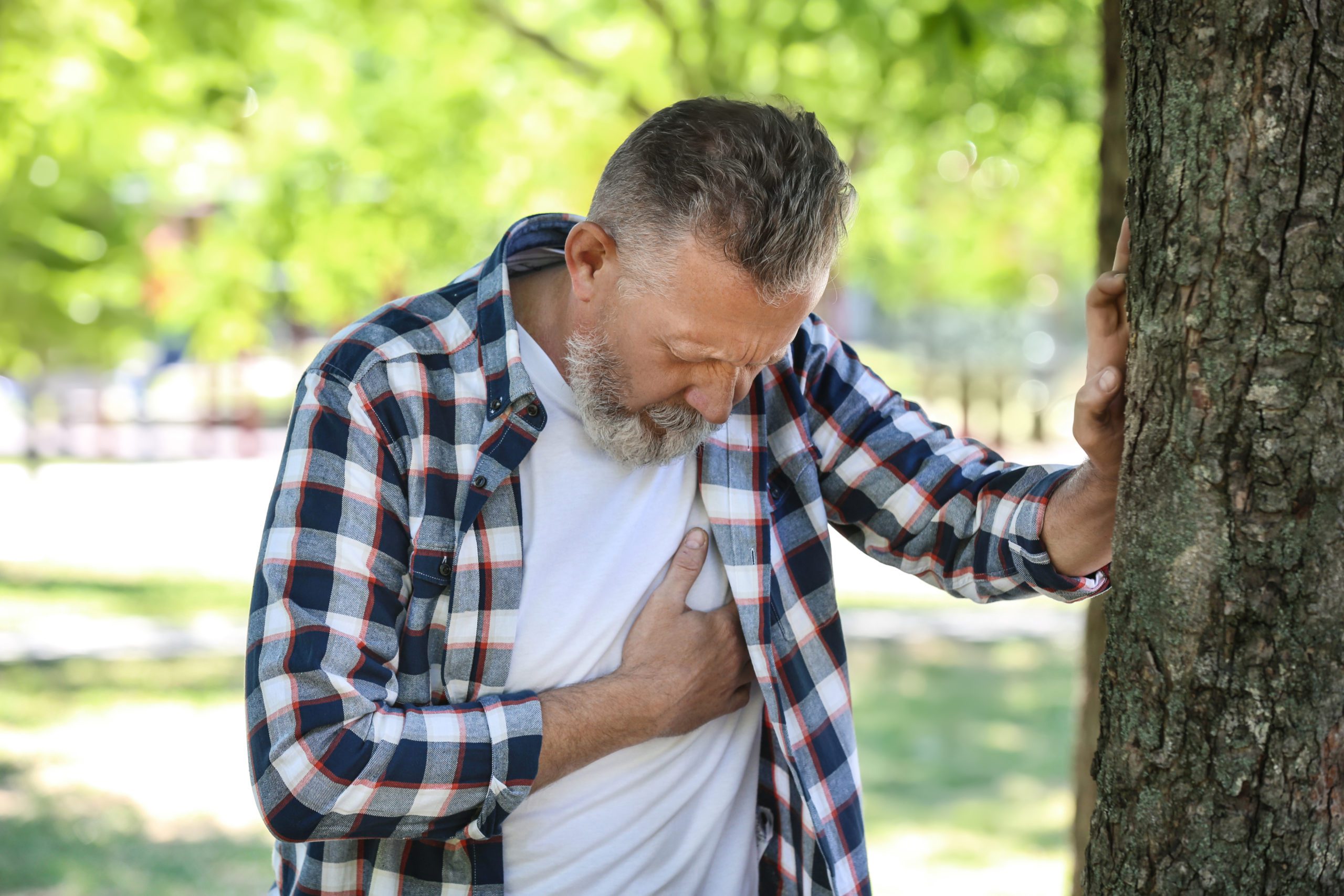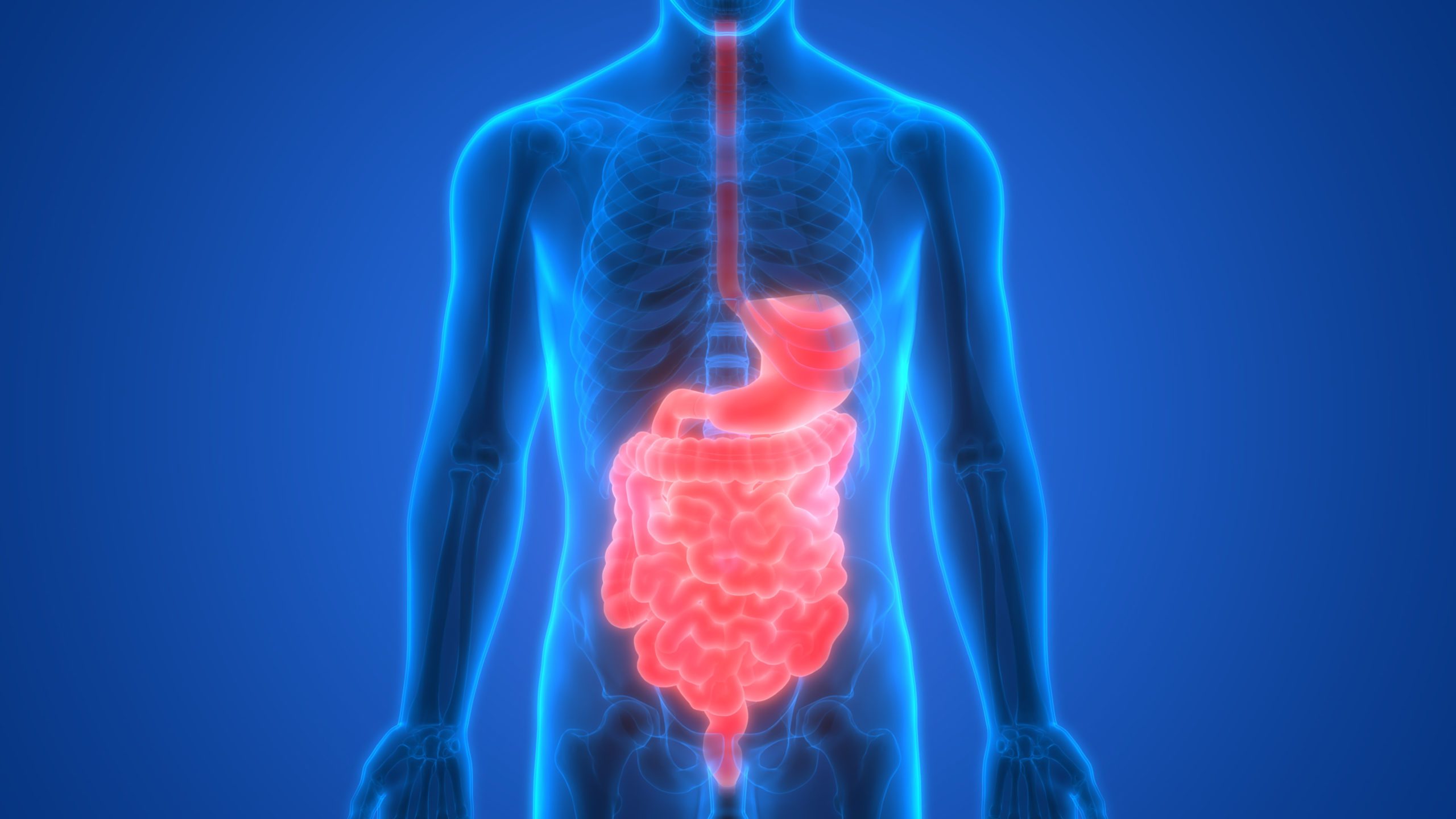Tragically, the death of actor Luke Perry has stirred up many conversations about deadly strokes and what can be done to prevent such an incident. Now Perry, thankfully, did not appear to be battling an addiction problem, but that doesn’t change the fact that people who drink and smoke excessively could be prime candidates for some form of aneurysm.
Perry died at just 52 years old, but studies have shown that these fatal attacks can occur at much younger ages. So what are the symptoms and the causes? CBS News recently addressed that topic, bringing dependencies to the forefront of the conversation.
For starters, it was revealed that over 795,000 Americans suffer a stroke each year. And of those, roughly 140,000 will die. These occurrences account for 1 out of every 20 fatalities in the United States, making them the fifth leading cause of death among Americans.
There are a variety of factors that can increase a person’s chance of experiencing a stroke, with heavy alcohol use labeled at the top of the list. Specific drugs were also called out as contributors, such as cocaine and methamphetamines.
And it is worth noting that mental health struggles could put you in the danger zone as well. We all know that depression can often lead to overeating and obesity. Well, those who are overweight or sedentary have a much higher probability of undergoing a stroke. And people who may smoke because of anxiety should be warned, as cigarettes were listed as a major risk factor.
As far as warning signs go, CBS correspondent Dr. Tara Narula listed off some key signals that everyone should pay attention to.
“If you were to feel like you couldn’t feel one side of your body or you couldn’t move one side of your body, those are major warning signs,” Dr. Narula explained. “A quick acronym that people can remember to help them is F.A.S.T., which stands for Face Drooping, Arm Weakness, Speech Difficulty and Time To Call 911.”
Though we are sad that it took a tragic event to bring this story to the top of the news, it is an important thought starter (especially when it comes to addiction). If you or someone you are close to is battling health issues because of a dependency, they may be at risk for a stroke. Please take preventative measures and reach out.









